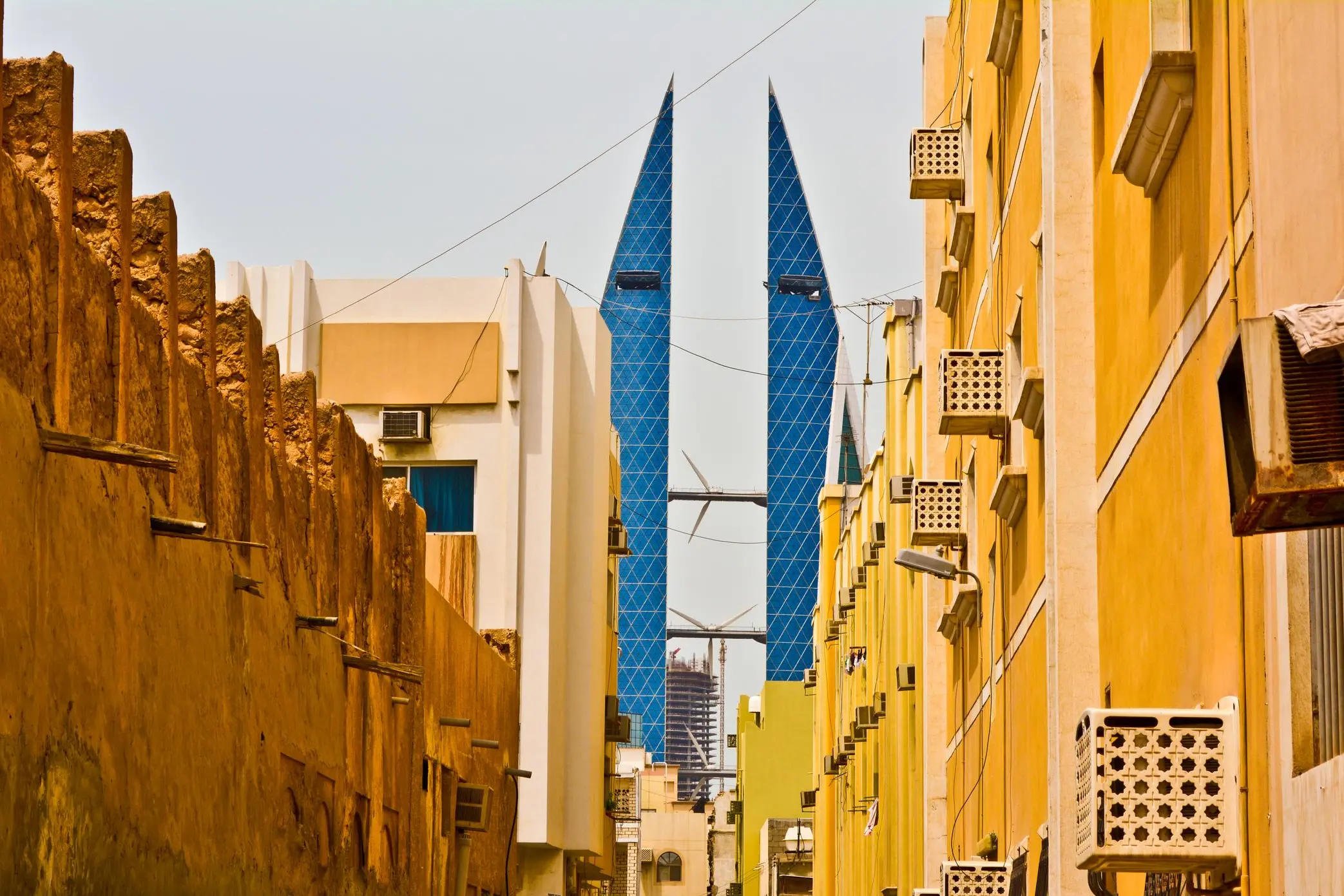PHOTO
A two-month-long midday summer work ban will start in Bahrain on July 1 and continue until August 31.
Labour and Social Development Minister Jameel Humaidan revealed yesterday that ministerial resolution (3), which he first issued in 2013, bans work under the sun in open places from noon until 4pm.
Employers who break the ban could face up to three months in jail, or fines between BD500 and BD1,000, or both.
Last summer’s work ban registered 99.7 per cent compliance, with companies found to have flouted the ban being referred to the Public Prosecution.
SAFETY
“This decision aims to protect workers and ensure their safety from the hazards of heat stress, heat stroke and various summer diseases,” said Mr Humaidan. “It also contributes to the reduction of occupational accidents, during this period of the year, which witnesses an increase in temperature and humidity levels in Bahrain.”
The ministry has started implementing an awareness campaign targeting employers and workers to impress the importance of adhering to the decision.
Brochures containing the guidelines are being handed out, in addition to multilingual leaflets and posts that include instructions and information on the impact of high temperatures on workers’ safety and health while performing their duties.
Virtual workshops are also being staged for occupational safety supervisors in private sector establishments, to update them of the latest developments and conditions necessary to prevent occupational accidents in extreme heat during the summer months.
Mr Humaidan vowed his commitment to the principles of human rights, especially the rights of workers in ensuring a secure and safe work environment.
“Bahrain is one of the leading countries to implement the principles and prerequisites of occupational safety to enhance a productive and safe work environment free of occupational accidents,” he added.
“The implementation of an afternoon work ban in the past years had contributed to reducing the risks of work injuries, in addition to the ministry’s keenness for companies and establishments to establish a smoother workflow for existing projects and to ensure their completion at the specified times.
“This is because, the decision is considered as an incentive to increase productivity through redistribution of human effort and benefiting from rescheduling working hours during the day.”
Mr Humaidan pointed out the importance for establishments to strengthen their efforts on alerting workers about heat-related health issues.
“There also has to be a need to provide comprehensive health care and first aid services and finding appropriate technical solutions that would reduce temperature and humidity issues,” he added.
“The private sector establishments have shown commitment over the past years to this decision. However, the ministry will not tolerate violations and measures will be taken against offenders.”
The GDN reported last week that unionists have submitted a proposal to extend the summer midday work ban in Bahrain to three months.
The two trade federations – the Bahrain Free Labour Unions Federation (Al Hurr) and the General Federation of Bahrain Trade Unions (GFBTU) – told the GDN that they handed in their request to the ministry last month.
TEMPERATURE
Bahrain is the only GCC country to implement such a ban for only two months, while similar bans in Oman, Kuwait, Saudi Arabia, the UAE and Qatar last for three months.
The GDN reported earlier in June that last month was the hottest May experienced in Bahrain in more than a century, with mean temperature hitting 33.5C, which is 2.4C above the long-term normal for May.
© Copyright 2020 www.gdnonline.com
Copyright 2021 Al Hilal Publishing and Marketing Group Provided by SyndiGate Media Inc. (Syndigate.info).





















